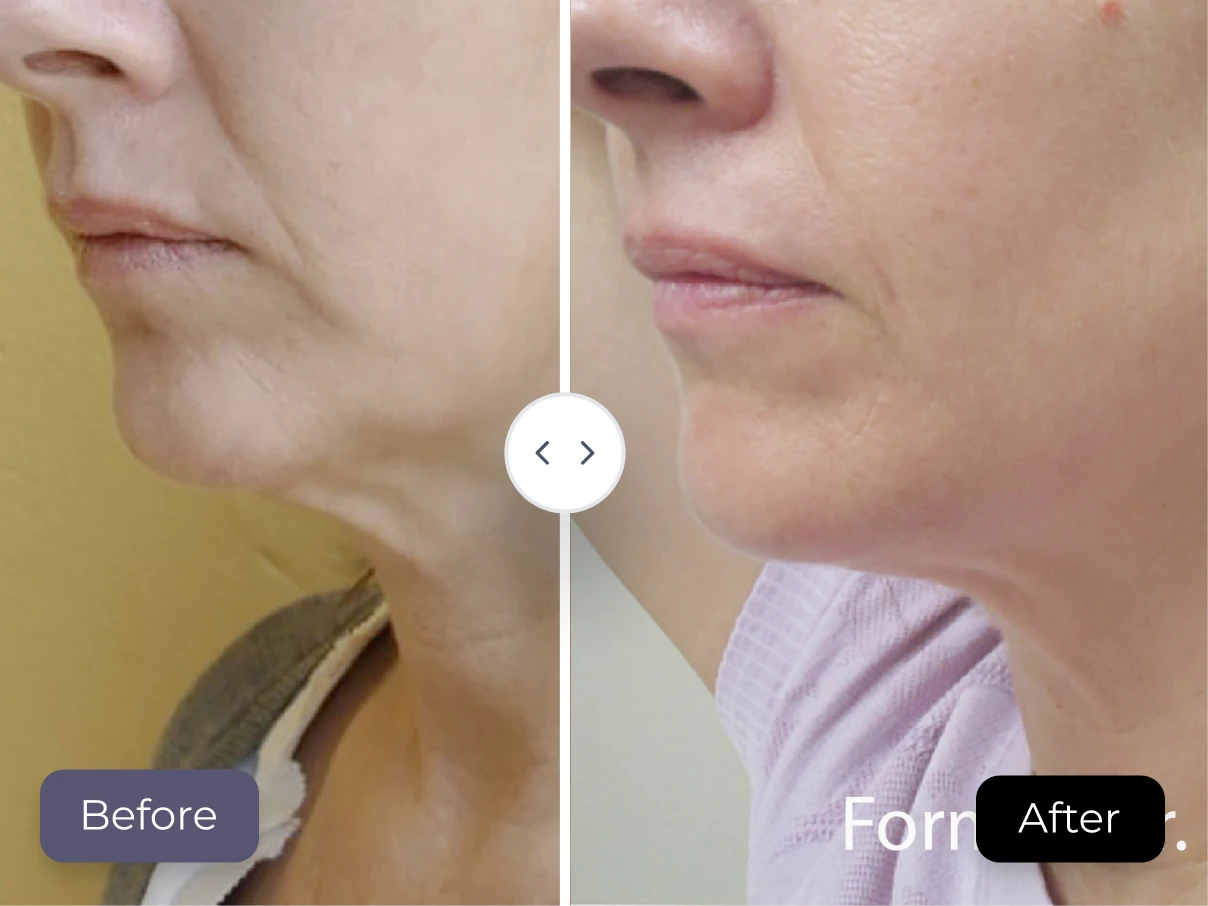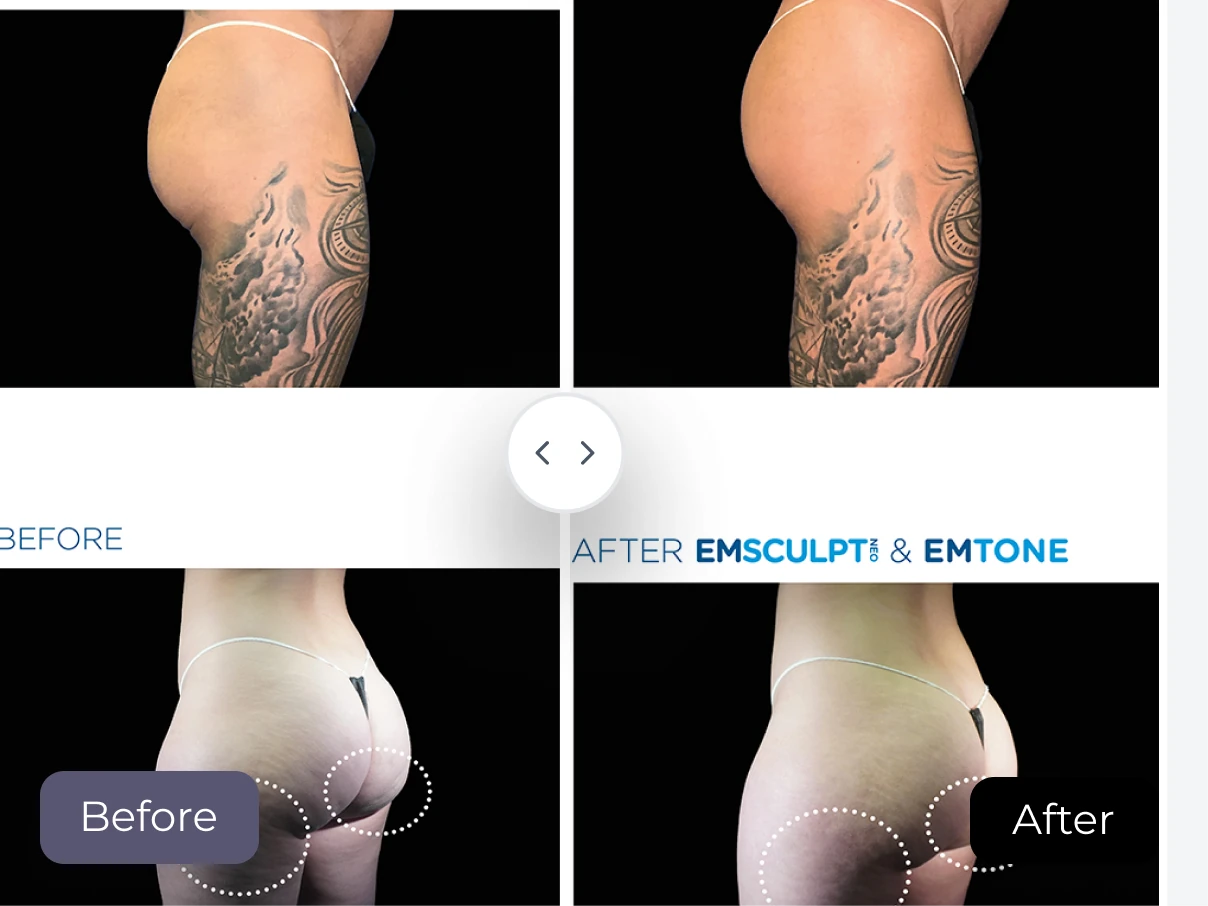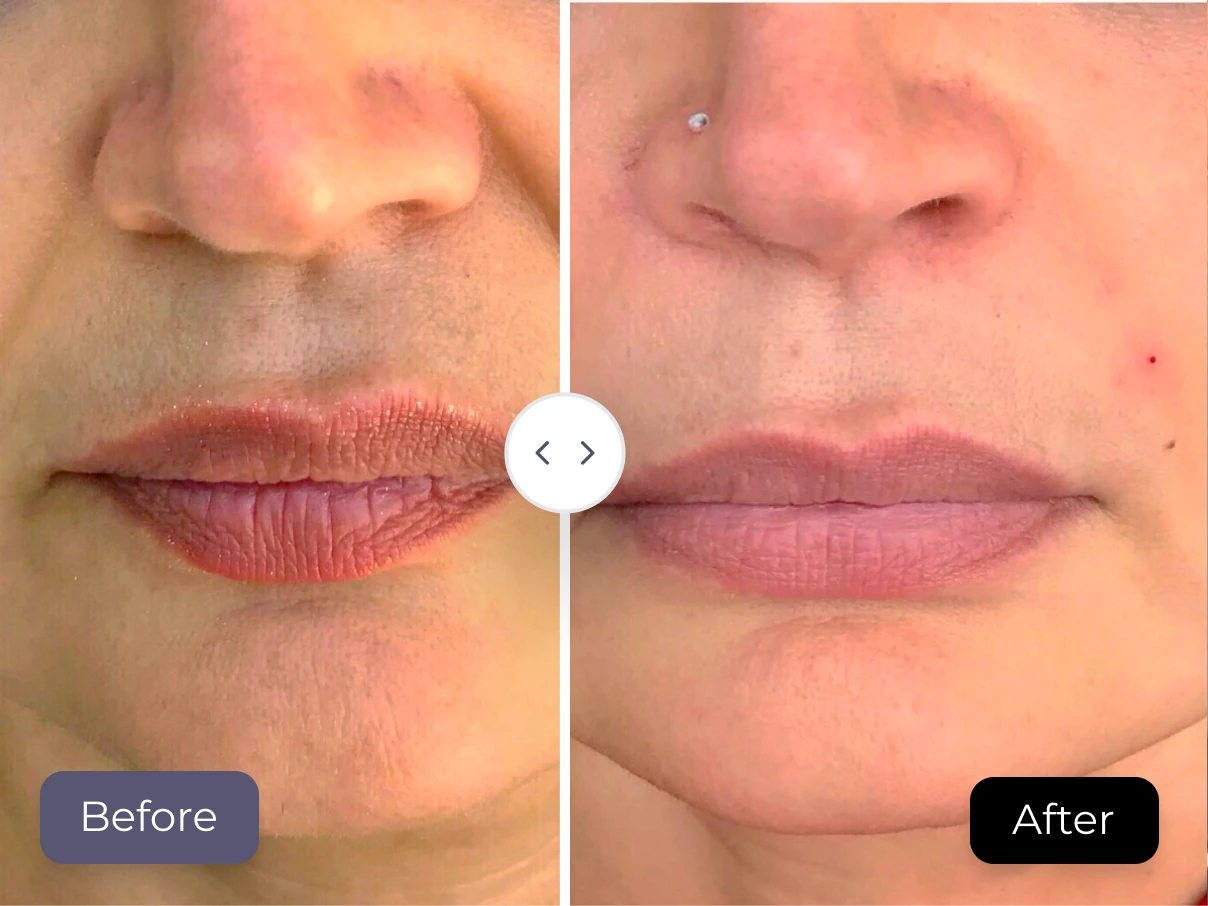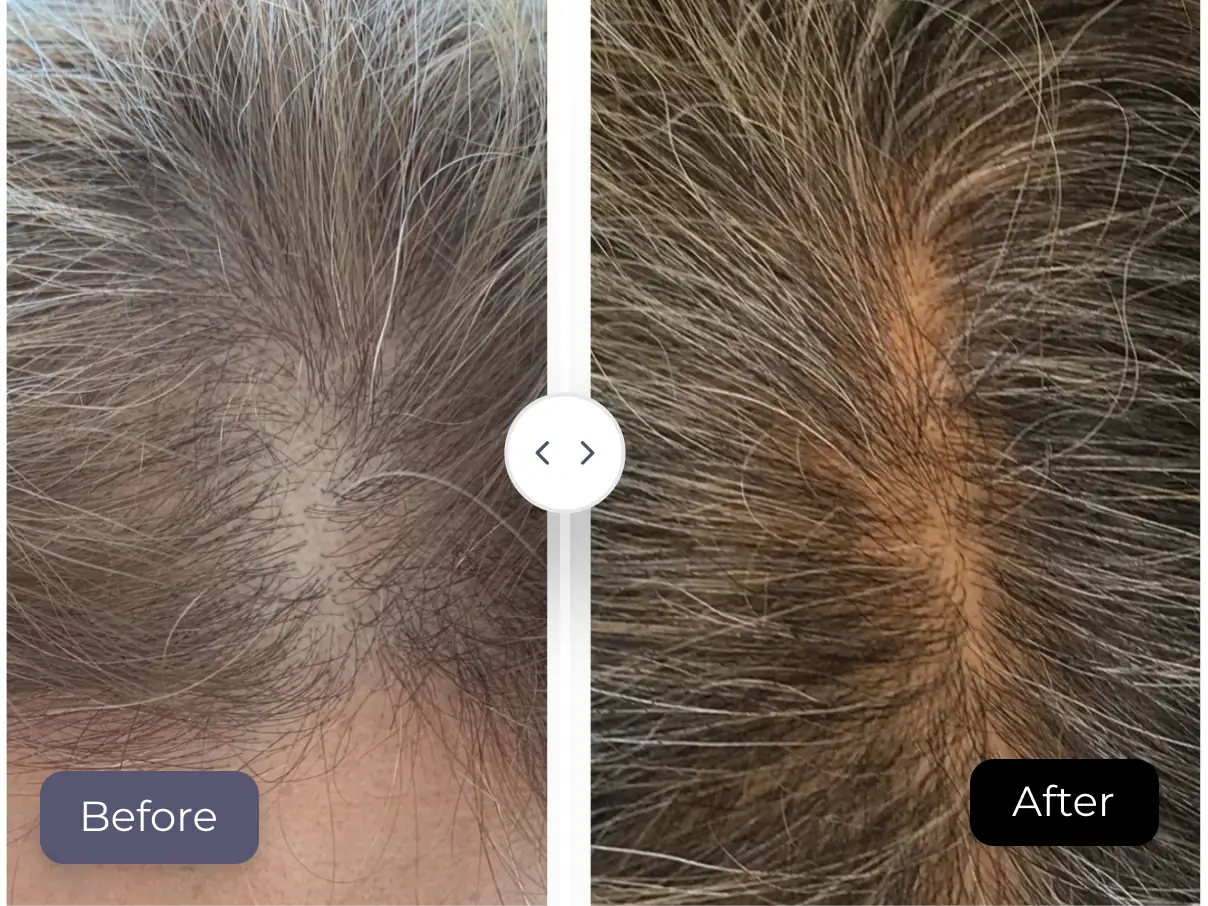You have just received a Botox treatment and are very excited to see the results. Properly caring for your skin after receiving Botox injections is the best way to ensure that your injections will be effective and that you realize the outcome you wish to attain. Here are some tips in this blog post on what to expect and not to expect after a Botox procedure. Keeping these guidelines will let you take full advantage of your treatment and show a smoother and more youthful appearance.
Botox Aftercare Instructions
The essence of after-care following Botox treatment is to promote the best outcomes possible from the treatment. This can also reduce the possibility of bruising and dispersion to surrounding areas.
Generally, on the day one receives Botox, it is advisable to:
- gently exercise the face
- take the rest of the day easy
- keep the heart rate normal
- keep off from touching, rubbing, and physical pressure at the site of treatment
- avoid fiddling with the treated area
Botox injections have no downtime. This means you will not need to take time off work or school. You can carry on with your day as you usually do.
Avoid exercise for 24 hours
If regular exercise is part of your routine, then at least wait 24 hours to go work out. Your doctor may advise that you wait a few days.
Physical activity increases blood flow. This can cause the toxin to spread to areas not intended to be affected, minimizing its effectiveness in the area in which the injection was done. It can also result in bruising.
Exercise contracts your muscles, which reduces the efficiency of the toxin.
Avoid wearing makeup
If you received Botox injections to your face, do not wear makeup for 24 hours. The application of makeup will massage the skin and potentially spread the toxin.
Head elevation
Sit up and elevate your head for the first 4 hours after receiving Botox. Bending over or lying down may cause the toxin to spread and encourage bruising.
Medications
Certain medications may put you at an increased risk for bruising. Please be sure to ask your doctor when it is safe to begin retaking them.
Other Botox Aftercare Instructions
- Avoid getting a facial or head massage for a full 24 hours after getting Botox.
- Avoid getting into any type of sauna, hot tub, or tanning booth for at least 4 hours. This will aid in preventing bruising as the heat will cause your blood pressure to elevate.
- Allow natural facial expressions. While it is prudent to avoid violent movements, normal facial movements that do not require overactive use of the treated muscles are allowed.
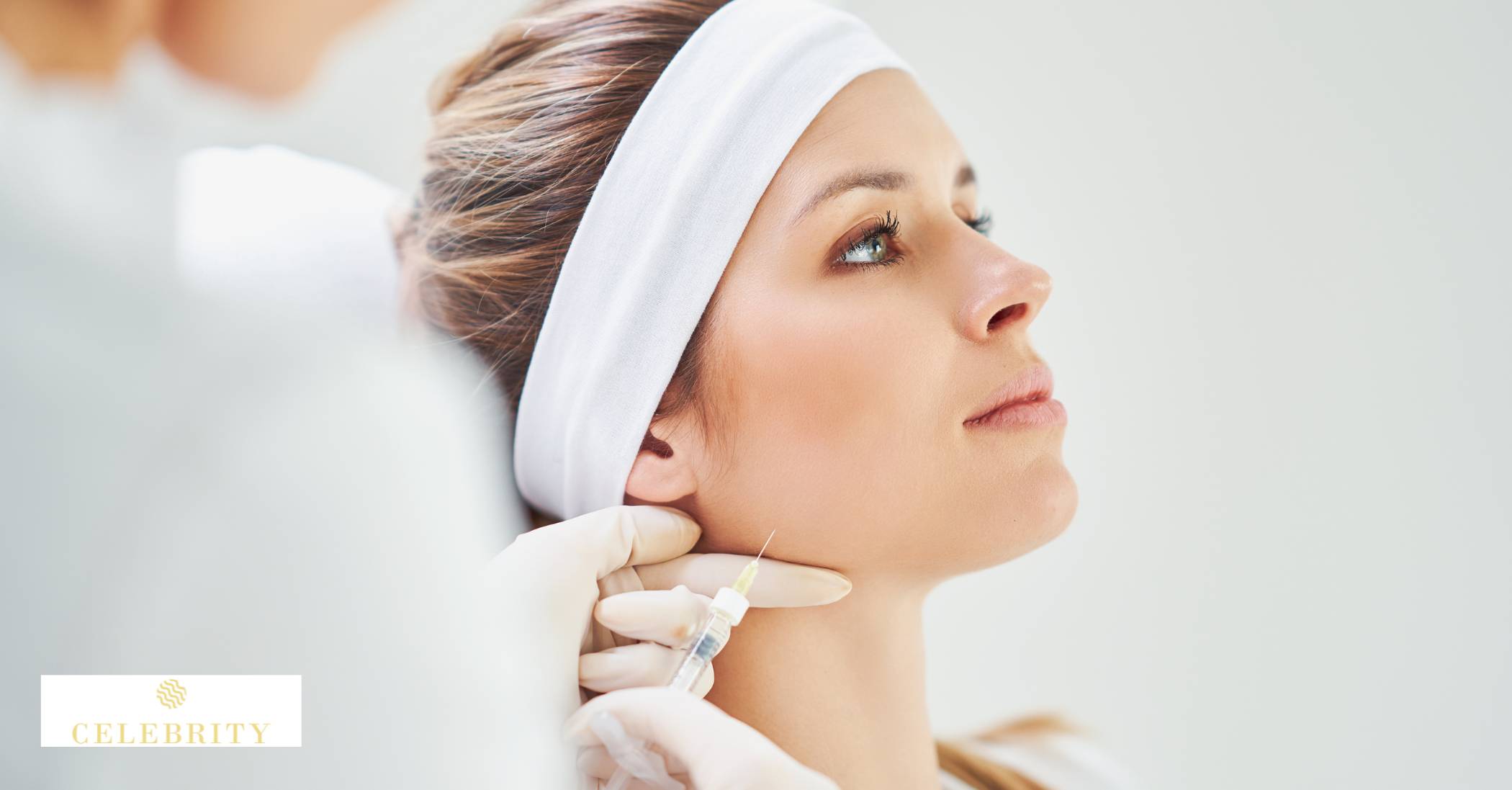
What is the 4-hour rule after Botox?
The 4-hour rule commonly applies to aftercare Botox, such that one should not lie or bend for at least 4 hours post-procedure. This is to prevent the spreading of Botox into areas that may not be targeted, possibly leading to less desirable outcomes.
Also, we recommend that you do not apply anything on your face for at least 4 hours after your visit. After this period, you may absolutely use makeup as you usually would. It is best that any products used be applied gently, as you want to avoid rubbing the treated area for a few hours.
In other words, you are guaranteed, with this rule, that Botox will not spread out but instead stay concentrated in the areas that you want its effects to maximize.
Aftercare Precautions
Botox aftercare also entails some precautions. On the day of your procedure, here’s what you should consider.
Don’t drink alcohol for a full 24 hours.
This consists of prohibiting specific kinds of food and drinks that contain alcohol. Alcohol increases the chances of developing a bruise.
Don’t touch your face.
To avoid spreading the toxin, do not touch your face for at least one day. Most doctors would advise a 3-day wait period.
If you have Botox in another part of your body, you should also avoid massage, especially in the treated areas.
This includes professional massages on the usual areas of treatment.
Avoid other skin treatments
Botox does not give instant results and needs some time to settle down in the muscle. Avoid other skin treatments like:
- Facials
- Facial treatments
- Body scrubs
- Injectable fillers
Don’t sleep on the treated areas
Do not even sleep in recently injected areas. This will minimize the physical pressure and let the Botox settle into your muscles.
Stay out of the sun
It would be best if you refrained from the sun for at least 24 hours. Heat is an addition; heat will cause flushing to occur, and blood pressure may increase, thus causing bruises. For safety reasons, keep out of the sun for 24 to 48 hours.
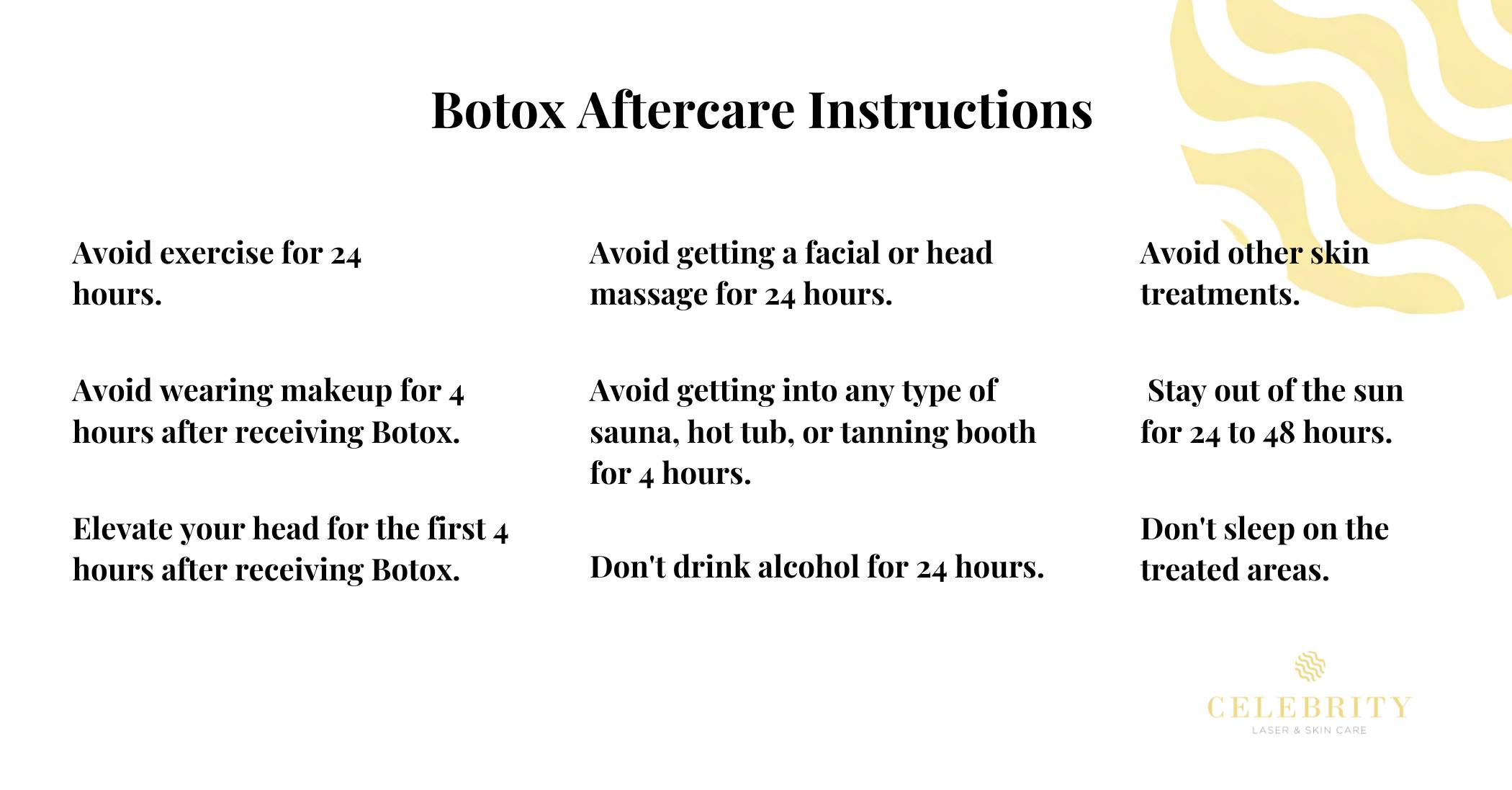
What foods should you avoid after Botox?
The taboos list of food and substances that should be followed include caffeine, high sodium foods, refined carbohydrates, alcohol, cigarettes, food with high sugar, Niacin supplements, and spicy foods since they cause increased swelling and irritation for 24 to 48 hours.
When to Seek Medical Attention
Redness, tenderness, and swelling are commonly seen after Botox injections. This may take approximately one day to resolve.
Bruising can occur. An ice pack can be applied if comfort measures are needed. Bruising may take approximately two weeks to resolve.
The following symptoms require medical attention:
- weakness of the muscles
- difficulty swallowing
- difficulty with speaking
- difficulty breathing
- incontinence
- blurred vision
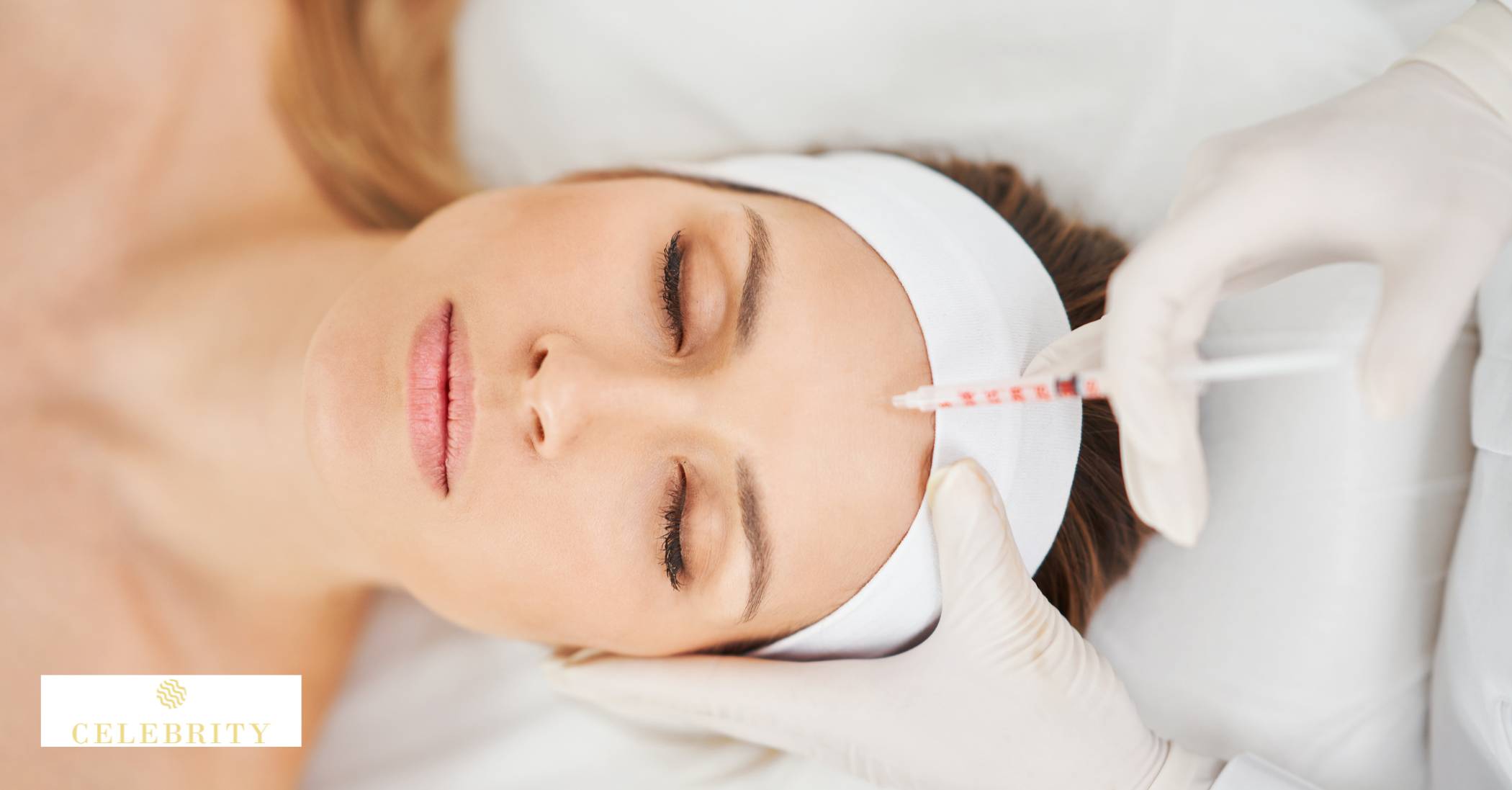
Botox recovery time
Recovery time after injections of Botox is usually limited. Patients can immediately continue with their routine activities. However, there are a few things that one is supposed to observe for better results:
You should begin to see the complete effects of Botox in one to two weeks. Be sure to discuss any questions or concerns you may have with your healthcare provider regarding your recovery.
Ready to reduce the appearance of wrinkles and fine lines? Book your Botox appointment at Celebrity Laser today.
What to Expect When Getting Botox
This is what usually is the case when people get Botox done:
- Minimal Downtime: After the Botox procedure, patients can most often get on with normal activities without delay.
- Recovery: However, it is expected to have redness or swelling at the site of the injection that should subside within a few hours or days.
- Results: The full effects of BOTOX usually last for up to two weeks, with duration ranging anywhere from three to four months with full recovery.
Experience the benefits of Botox and achieve a more youthful appearance. Contact us to schedule your consultation.
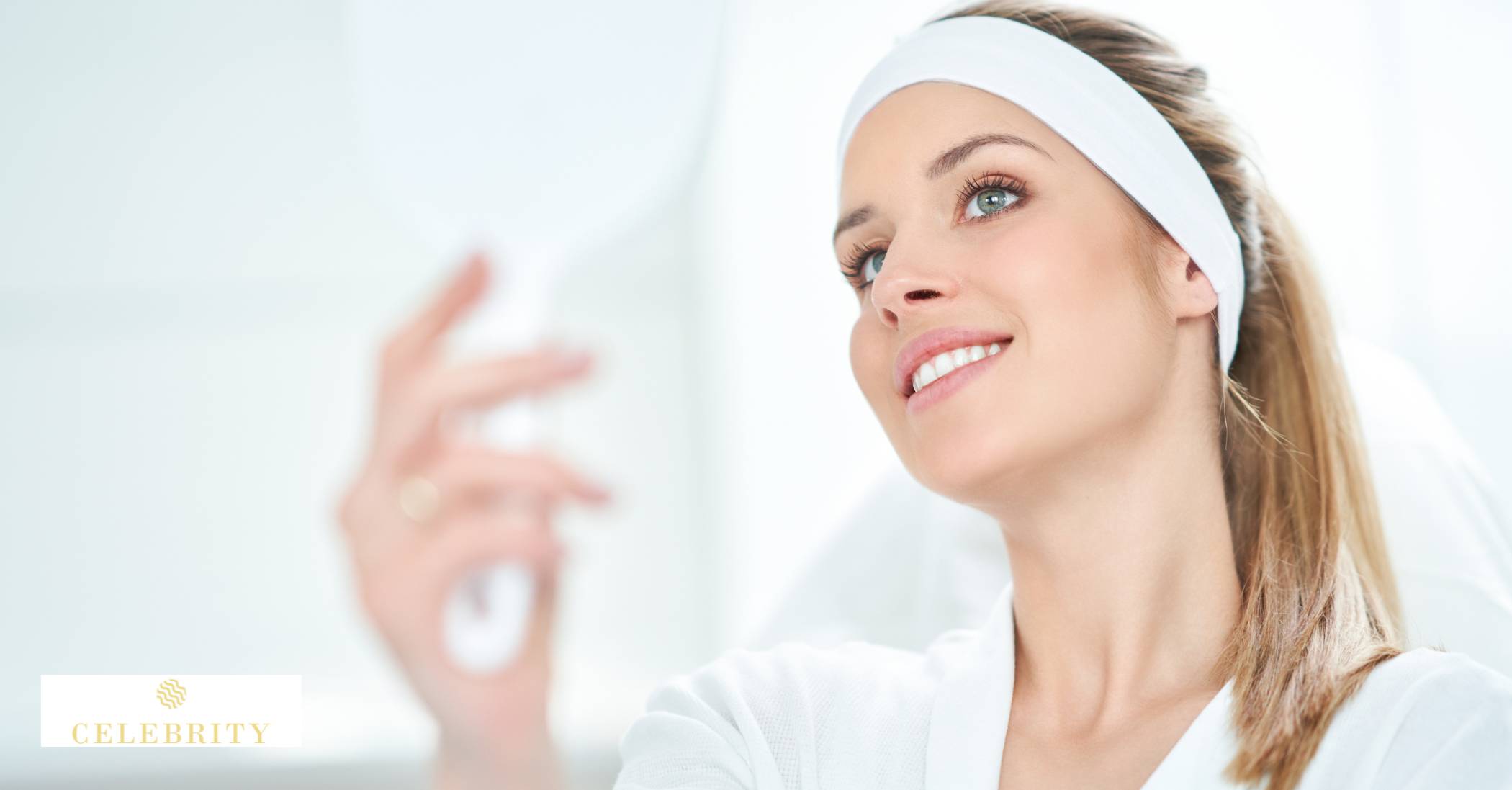
What can make Botox less effective?
If Botox isn’t working for you, it could be that you have an immunity to Botox. Immunity from the results of Botox occurs when the immune system of your body develops antibodies that neutralize the proteins of Botox, which, in effect, fizzle out its action. If you are immune to Botox, then the toxin will only partially paralyze your treated muscles or not at all.
The development of Botox resistance is most likely in patients who receive higher doses of Botox. Higher doses are sometimes utilized to treat chronic medical disorders such as cervical dystonia. Providers might also use doses higher than recommended when treating off-label specific muscles, like the masseter muscle of the jaw.
Factors that can increase the risk of Botox immunity include:
- High doses of Botox: Individuals who receive frequent or high doses of Botox are more likely to develop antibodies.
- Chronic medical conditions: People with conditions like cervical dystonia often require higher doses of Botox, increasing their risk of immunity.
- Off-label use: Botox may be used off-label to treat certain muscles, such as the masseter muscle, which can also increase the risk of immunity.
FAQs
1. How long after Botox can I shower?
You may shower after the Botox treatment; however, it is best if you wait about four hours before doing so. It’s best to avoid taking hot showers or baths for a day after the treatment since the heat will increase blood flow, which in turn will spread Botox faster and decrease its effectiveness.
2. Does drinking water help after Botox?
Yes, plenty of water after Botox can stimulate the healing and hydration process. Overall, skin health depends on good hydration, and it can reduce the discomfort or swelling that might occur in the post-procedure period.
3. Does anything interfere with Botox?
If you are on any type of medication, please discuss it with the doctor before receiving your Botox injection. Medication interactions have been reported with antibiotics, blood thinners, muscle relaxants, sleeping pills, cold or allergy medicine, bronchodilators, as well as many other prescriptions and over-the-counter drugs.


